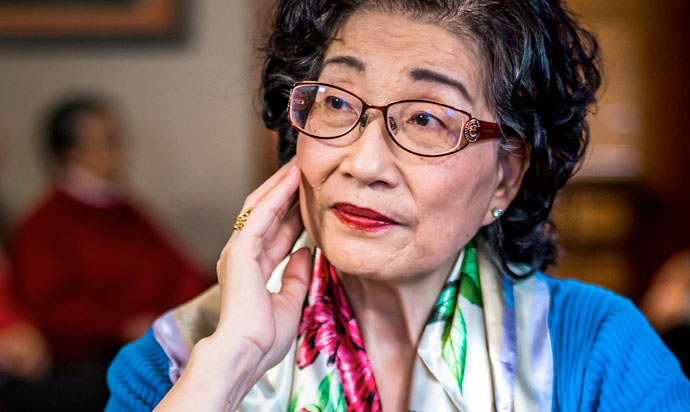

Retired Before Your Time: What You Can Do
Maybe you’ve found yourself laid off from a job several years before you planned on retiring.
Perhaps you left a job for health reasons, assuming – to your fear and disappointment – it wouldn’t take long to find another now that you are better.
Economic factors play a role as well. A pandemic-led jobs downturn has hit older workers especially hard and will likely create long-term employment challenges for them,. According to Statistics Canada, the monthly unemployment rate in April 2020 for people over the age of 55 reached 11.2 percent. If you’re facing these challenges, there’s hope. “Know you’re not alone,” said Encore’s Vice President of Strategic Communications Marci Alboher. “Find ways to get support from a buddy, transition group or like-minded community organization.”
Take stock of where you are and where you hope to be. Consider the following:
Make a plan. Try not to get too far down the road without a plan. If you’re out of work before age 65, when you could claim CPP benefits, check into your insurance options to help ensure you’re not vulnerable to a medical catastrophe. You can take inventory of your savings and assets, which could help you determine your options and decide a realistic path for your future.
Search your soul. What do you really want out of this stage in life? If you have enough saved for retirement, you might not want to return to a job. Volunteer opportunities abound.
Maybe you’ve had a stressful career and would love working in a flower shop or bistro. Alternatively, you could start that business you’ve been dreaming about. Statistics Canada reports that higher-income seniors are more likely to be self-employed than being a paid employee, so if you’re not finding what you want in the jobs market, you may want to consider venturing out on your own.
If money is tight, other options include renting out spare rooms or reselling items online. Or follow your heart and pursue a career that offers fulfillment and joy, such as caregiving for older adults.
Fine-tune your skills. “For many interested in unretiring, a shift into a new career will involve some type of education, training or reskilling,” said Encore’s Alboher. “As people approach their 50s and 60s, they are realizing there may be many more vital years ahead, so investing in yourself makes sense even if it means spending some money on getting a new credential or training.”
The job market may require that as well. “Older workers must commit to lifelong learning and keeping their skills fresh,” noted Catherine Collinson, CEO of nonprofit Transamerica Center for Retirement Studies. College extension programs as well as community colleges offer career training.
Don’t sell yourself short, but do sell yourself. Remember you still have a lot to offer today’s workforce. Many employers value the skills of the older worker. You can learn all you can about the job or career you want to pursue, make sure you have the skills to do the job, and build a strong resume that reflects your ability to do the work.
Be realistic. Maybe you’ve always dreamed about being a tour guide, but you now have developed back problems and can’t stand for long periods. Be realistic about what you can and can’t do. Likewise, if feasible, don’t let a health issue squelch your dreams. Look for tour guide jobs where you can sit behind a desk and share your knowledge and experiences with visitors.
Taking control of your life by developing a strategy will provide that extra boost of confidence to land you your next job or volunteer opportunity.